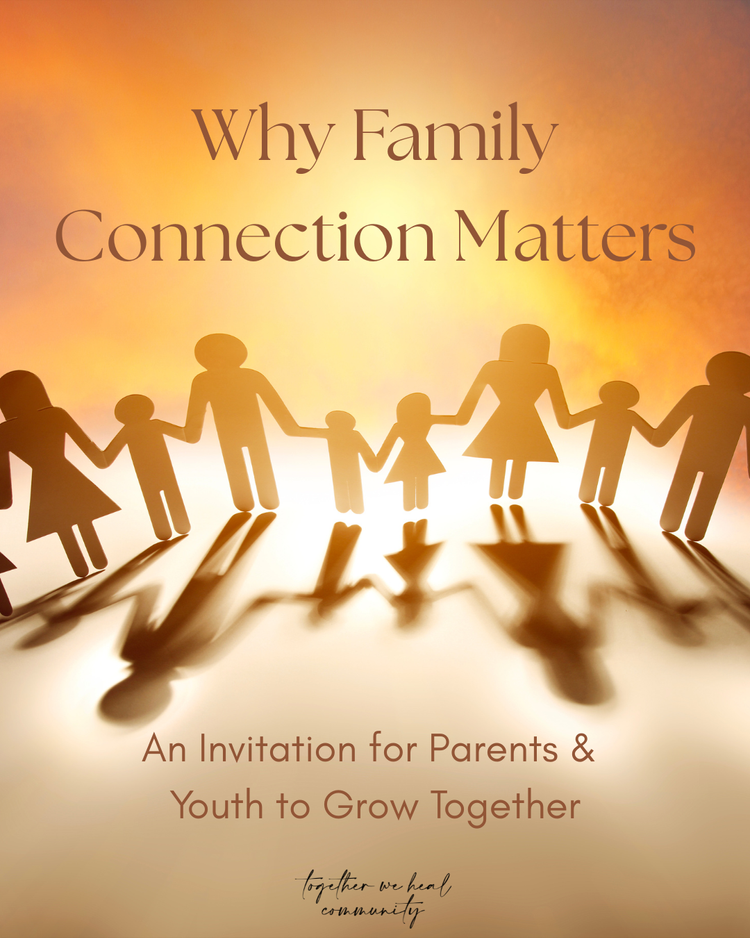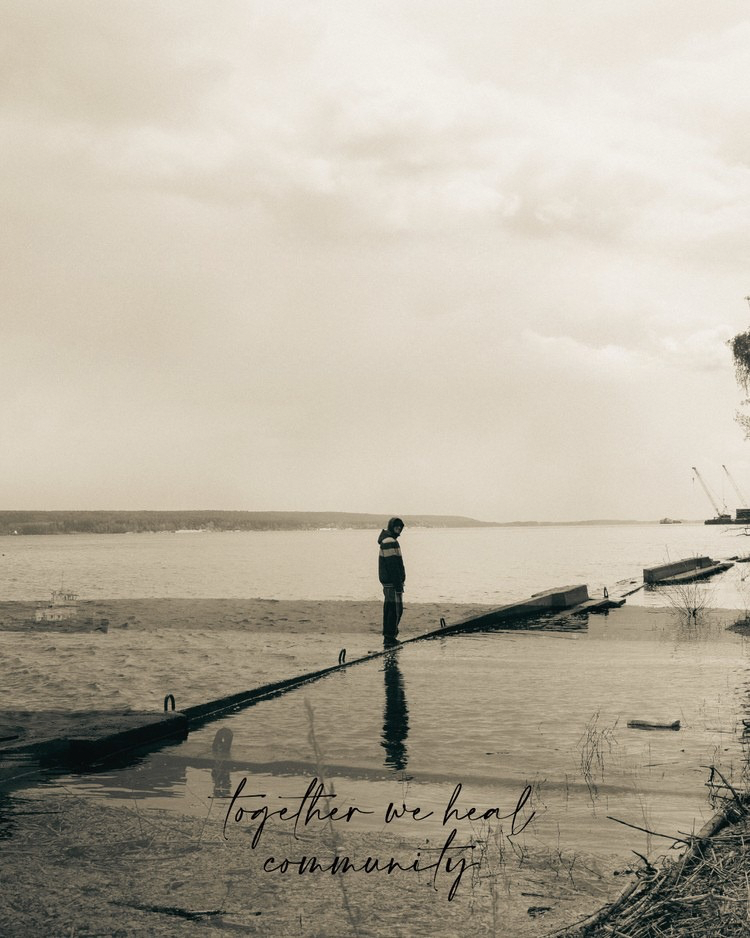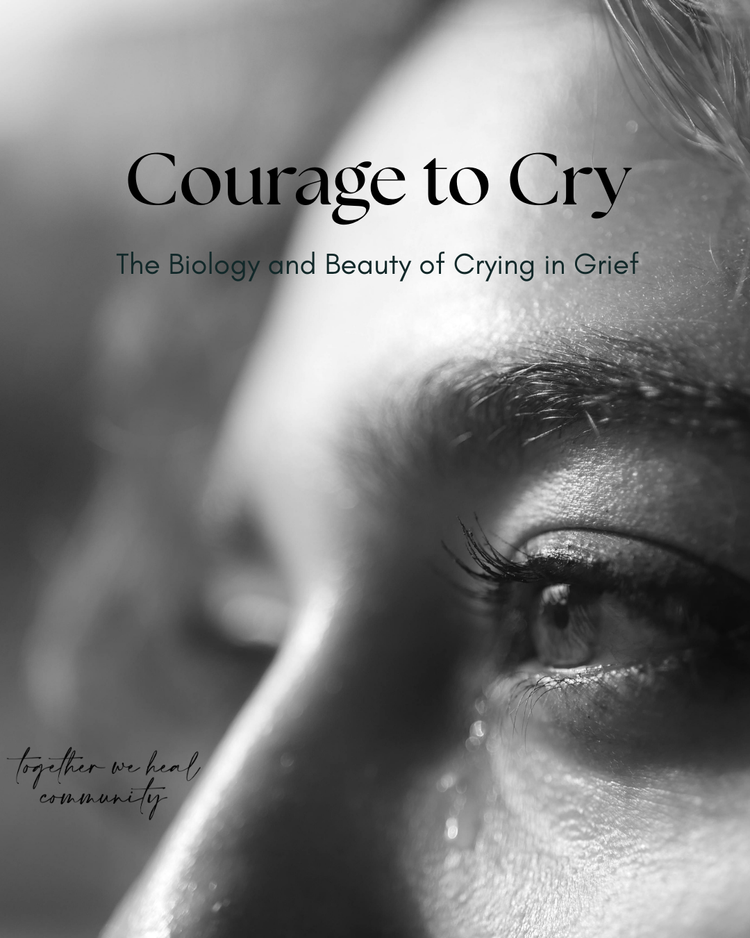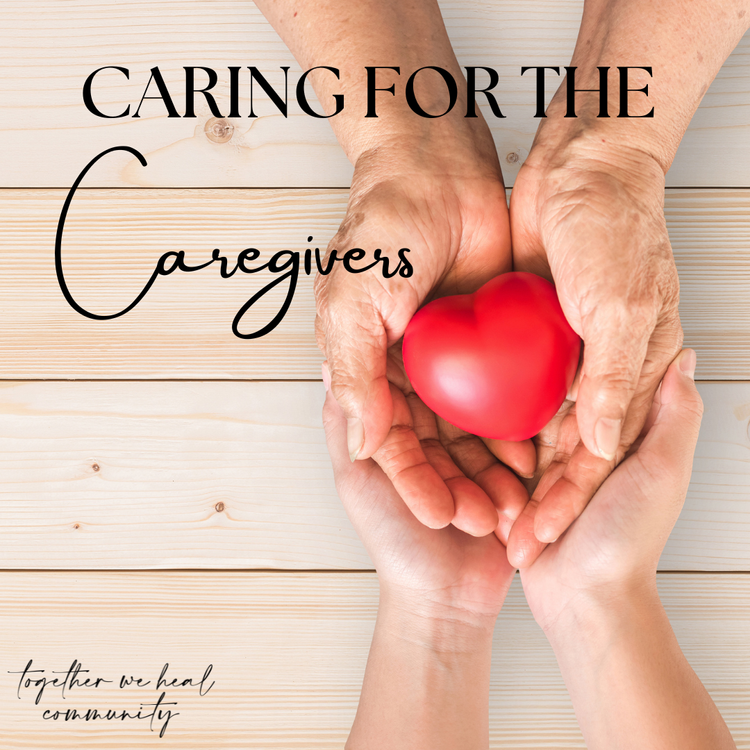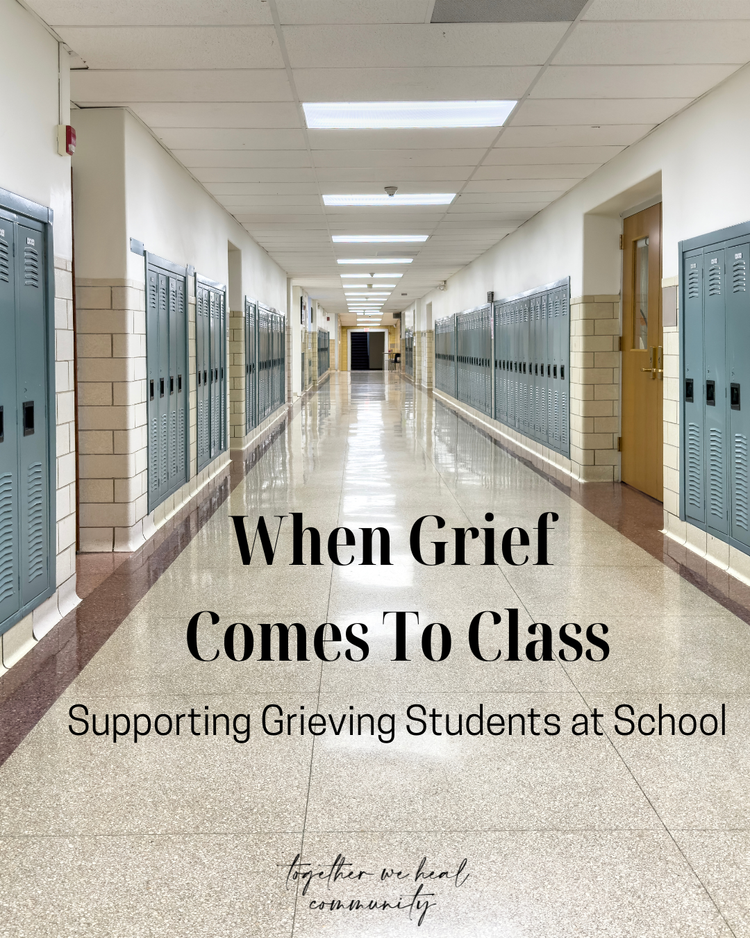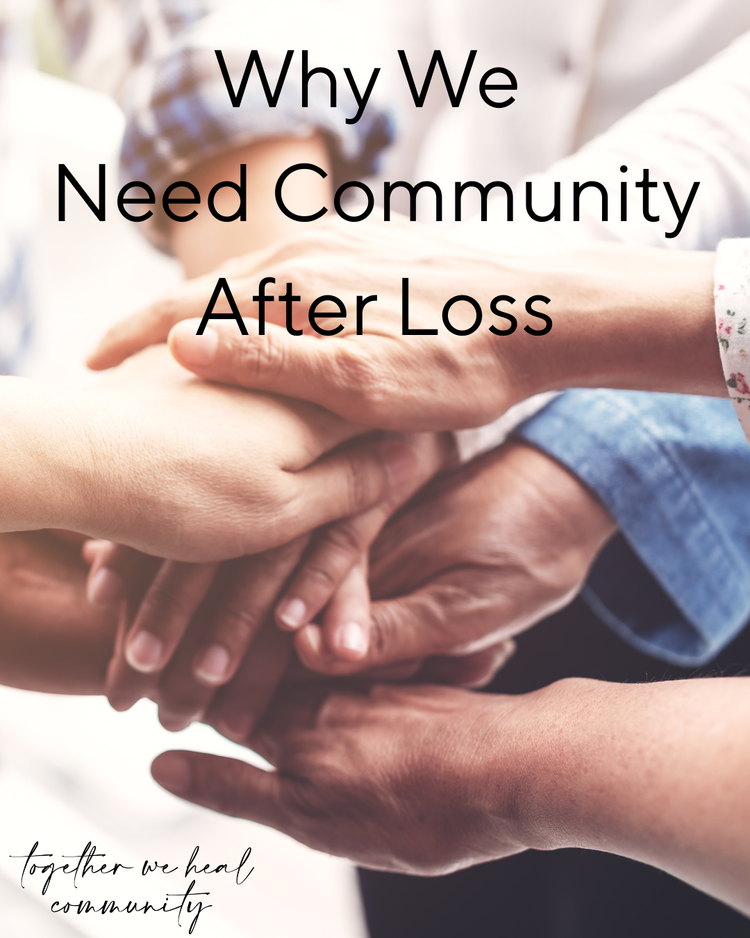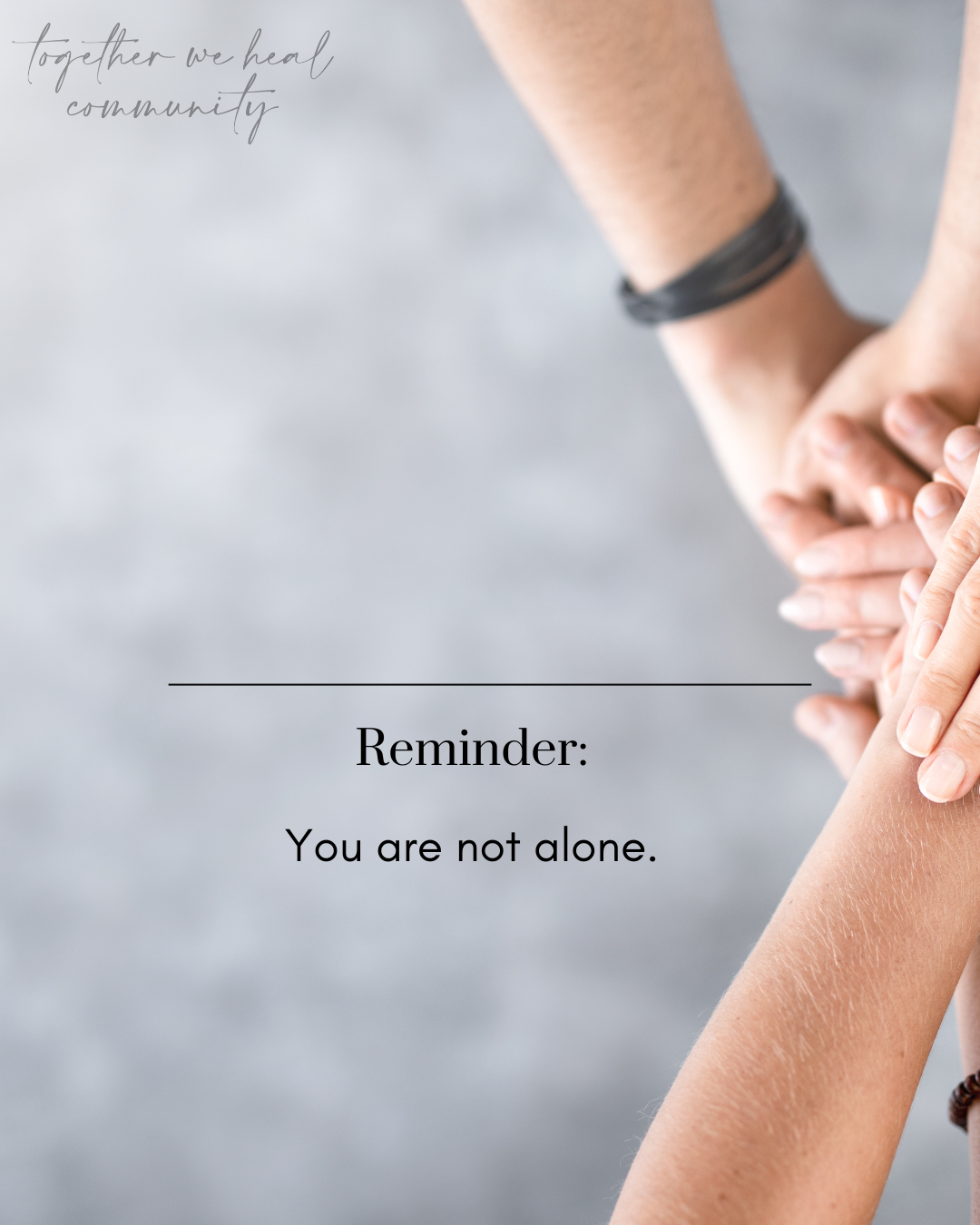In a world that often feels rushed and fragmented, family connection acts as an anchor. It is within our families that we first learn how to listen, communicate, problem-solve, and care for one another. Often, families are pulled apart by extra curricular activities, overbooked schedules and other outside commitments, but the importance of connection is instrumental in building resilience in our children. Strong family connection doesn’t happen by accident—it is built intentionally through shared experiences, open dialogue, and a willingness to grow together.
Finding Your Way Back - Gently Stepping Out of Isolation in Grief
Courage to Cry
To cry is to be human and the expression of tears is not new. The history of crying can be traced back to the earliest written records of tears dating back to the fourteenth century B.C. The rituals of tears are well documented and traced in the Hebrew Bible according to Tom Litz author of “Crying the Natural and Cultural History of Tears.”
The Weight of Caregiving
When A Father Is Gone
I lost my biological father when I was just an infant. My mother remarried a wonderful man whom I’ve called “dad” since I was three. I don’t know any different, however I’ve always felt the void of not knowing someone who went missing before I could articulate my love for him. I believe it’s because of an instinctual bond we have for our fathers.
When Grief Comes To Class
Every student deserves to feel accepted, understood, and supported after a loss. Grief can occur from any type of loss, change, or transition (not only death losses). For example: friendship changes, break ups, moving schools/states, natural disasters, man-made disasters, medical diagnoses, physical changes, financial changes, etc.
Why We Need Community After Loss
Finding the Right Words
What do you say to someone who has just had their life ripped apart by grief? Their life will never be the same, and for a long while they will sit with grief and there is nothing anyone can do to change that. Let’s face it. Grief is awkward. So how do we navigate supporting and caring for those who are grieving?


